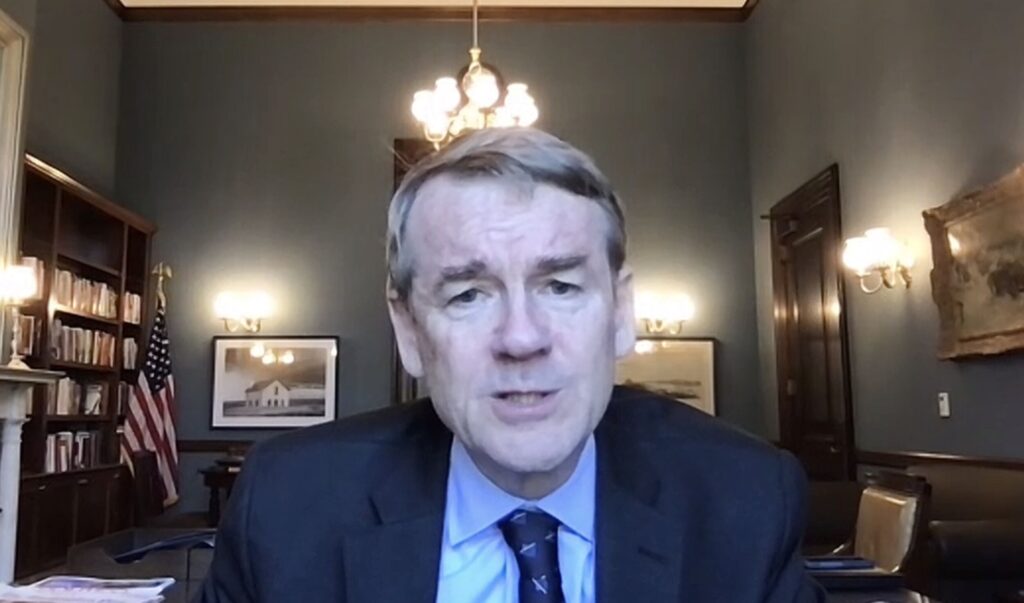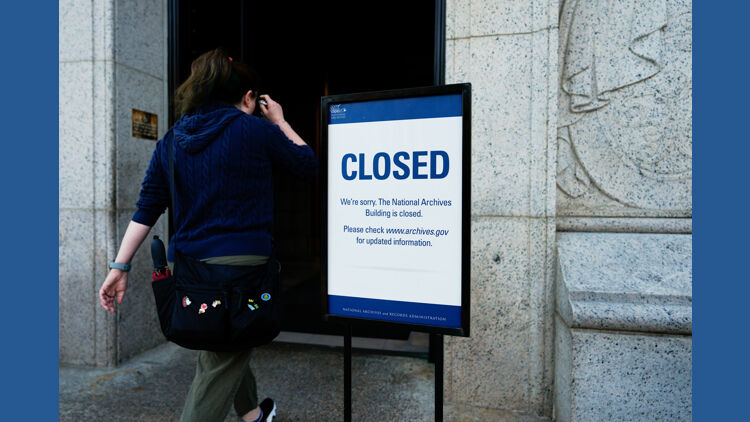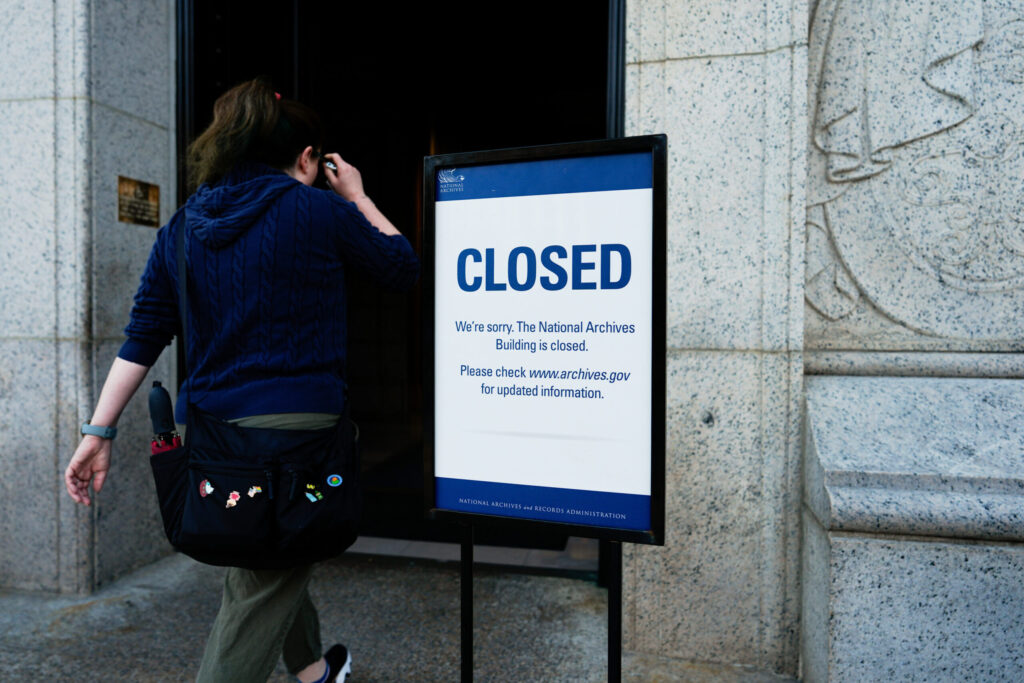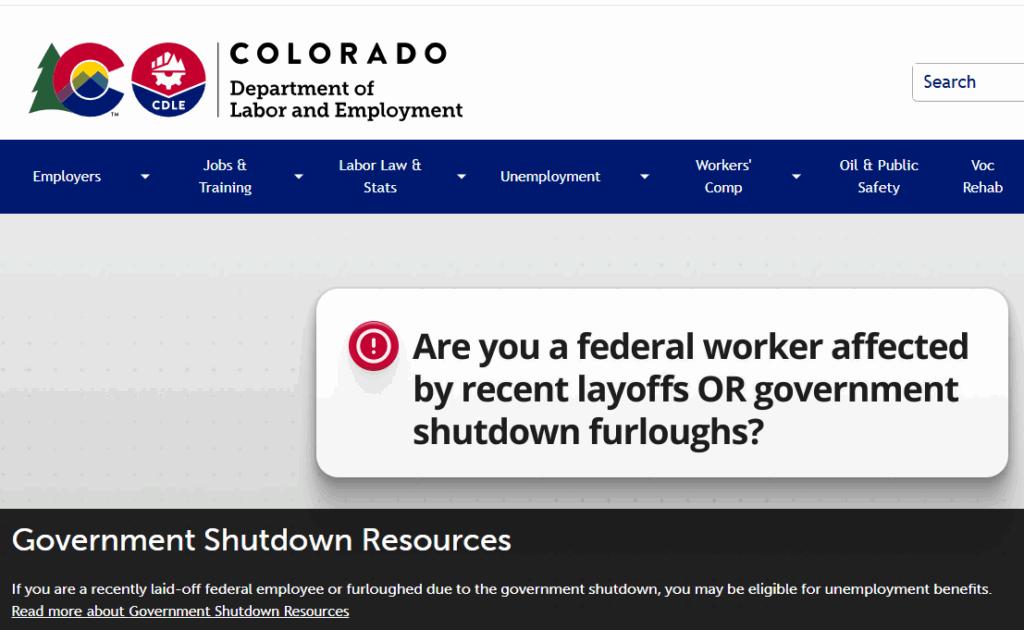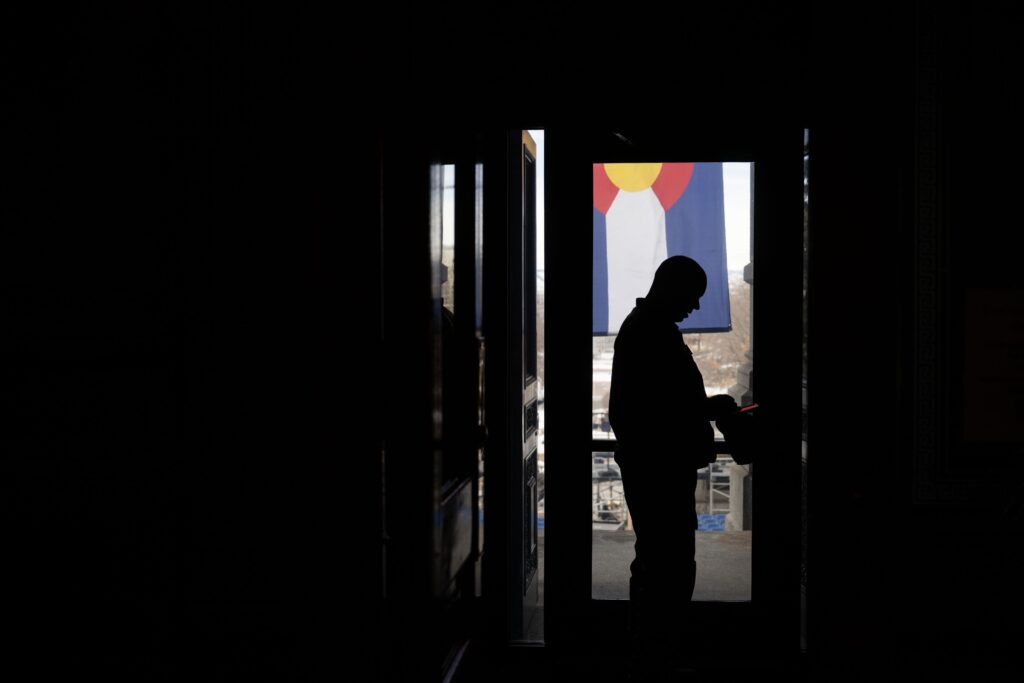Gov. Jared Polis vetoes changes to Colorado’s open records law
Gov. Jared Polis on Thursday vetoed a bill that would increase costs for open records requests for anyone other than members of the media and give agencies more time to respond to those queries.
The question now is whether lawmakers will try and override the governor’s veto. If lawmakers attempt to override Polis’ veto, it would be the first time in the governor’s seven years on the job. The House approved the measure with 45 votes, one more than what is required for a two-thirds override, while 27 senators voted in favor, three more than required for an override.
Advocates of transparency in government, including media organizations, have criticized Senate Bill 77.
The measure, sponsored by Sen. Cathy Kipp, D-Fort Collins, sought to extend the amount of time for a keeper of public records to respond to a request from three to five days at a minimum and up to 10 days under “extenuating circumstances.”
In addition, the bill would allow public records custodians to treat an open records request made within 14 days of another request for similar information by the same person as one request for the purposes of determining costs and fees — thereby increasing the costs for that request.
Current state law allows for one free hour of research on an open records request. Under SB 77, that free hour would be gone with the second and subsequent requests. An agency can charge $41.37 per hour for a request.
In his veto letter, Polis said the measure is flawed.
It would put government employees in the “perilous” position of figuring out whether a requestor is a member of the mass media or making a request for financial gain. That puts too much power into the hands of records custodians, he wrote.
Secondly, the bill would create three different classes of open records requests: those made by news organizations, those made for financial gain, and any other request, all with different deadlines, he noted.
“Speed to access public information is determined by who you are,” Polis wrote.
“It would certainly be convenient for the Executive Branch to agree to weaken CORA, but as a representative for the people of Colorado, I support more, not less, openness and transparency,” he said/
Polis has signed other measures that critics said weakened the state’s open records and open meetings laws, including legislation carving out an exception to the open records law for college athletes who stand to be paid millions of dollars for their names, images and likenesses from colleges or universities. Last year, he signed SB 24-157, which gave the General Assembly an exemption from the open meetings law for certain activities.
In his signature letter on the NIL bill in March, Polis said he was signing the measure despite concerns over the open records carve-out. He cited issues on transparency that, he said, were not addressed during the legislative process that he wants tackled in the future.
The carve-out “follows an unfortunate trends of legislative proposals that ultimately impede access to official records that are arguably within the public’s interest to view” and move transparency in the wrong direction, he said.



